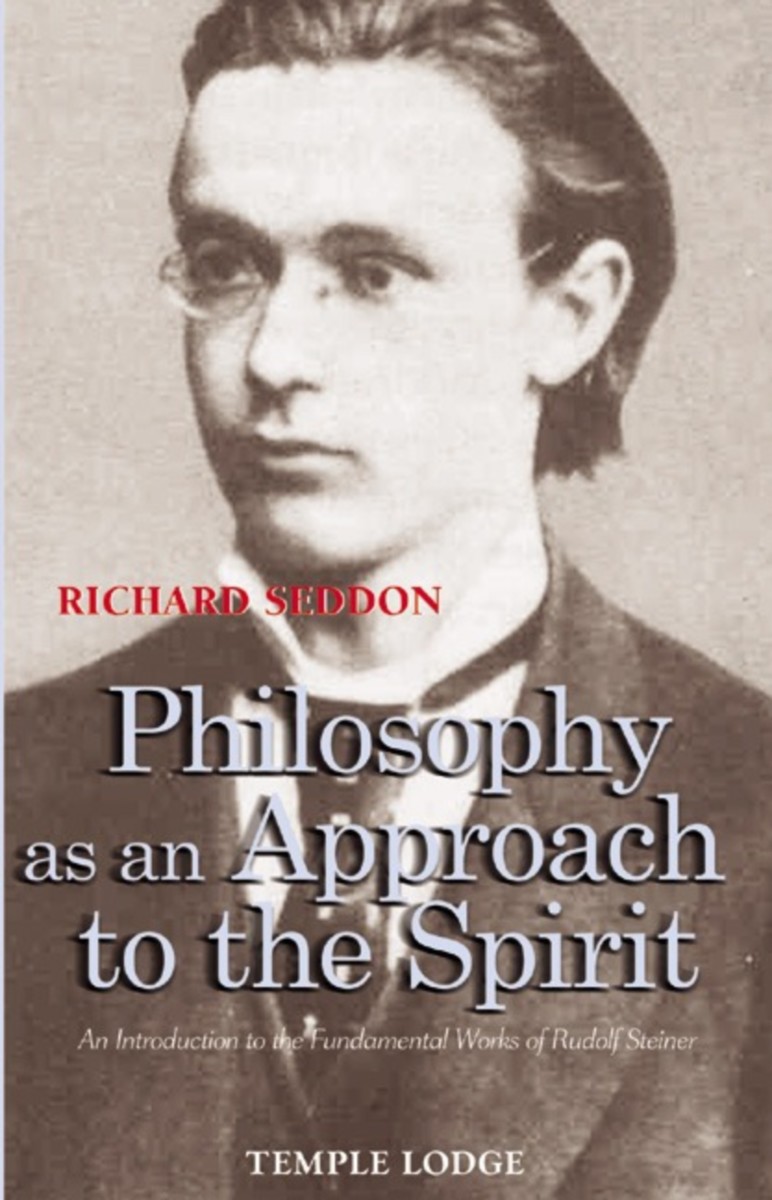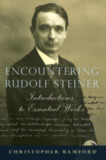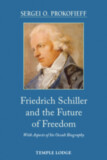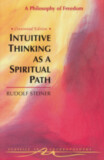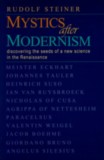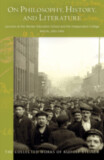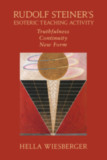Philosophy as an Approach to the Spirit
An Introduction to the Fundamental Works of Rudolf Steiner
- Publisher
Temple Lodge Publishing - Published
1st May 2005 - ISBN 9781902636696
- Language English
- Pages 144 pp.
“What was important for Steiner was less the body of his ideas themselves than the transformation they can bring about in the reader by opening the mind to the real nature of the spiritual world. Philosophy, properly regarded, is not the intellectual solution of abstract questions not being asked, but an activity that helps to resolve the questions that arise in the course of life itself. It must therefore itself become organically alive” — Richard Seddon (from the preface).
The object of this study is to outline, as straightforwardly as possible, the whole range of the philosophical work by Rudolf Steiner. These works were far ahead of their time and not widely recognized, remaining virtually unknown to most modern philosophers. Steiner’s later works of spiritual science and their practical manifestation in many aspects of life—including education, agriculture, and medicine—are nevertheless gaining increasing interest. In this context, his philosophy, which lays the foundation for all that followed, needs to be widely understood. Because this philosophy describes Steiner’s living experiences of the physical and invisible worlds, the author places it in the context of a brief biography to show how Steiner’s thinking developed.
Richard Seddon’s studies in moral sciences convinced him that Rudolf Steiner’s resolution of the main problems of philosophy since Aristotle was correct. After a half century of subsequent work in Anthroposophy, he saw the need for an introductory volume that clearly lays out Steiner’s views without the complications that arise in the context of late nineteenth-century philosophy. This book is the result, intended both for students of Anthroposophy who have no knowledge of philosophy, as well as for students of philosophy who have no knowledge of Anthroposophy.
C O N T E N T S:
Preface
Part 1. Biographical (to Age 27)
1. Childhood
2. Boyhood
3. Youth
4. Vienna
Part 2. Theory of Knowledge (1885–94)
5. Experience
6. The Activity of Thinking
7. The Content of Thought
8. Thinking and Perception
9. The Process of Perception
10. The Act of Knowing
Part 3. Natural Philosophy (1885–84)
11. The Foundations of Science
12. Inorganic Nature
13. Organic Nature
14. Human Nature
Part 4. Moral Philosophy (1885–94)
15. Ethics
16. The Free Spirits
17. Social Aspects
18. Aesthetics
19. Metaphysics
20. The Consequences of Monism
Part 5. Biographical (28–41)
21. Weimar (1889–95)
22. Berlin (1896–1902)
Part 6. From Spiritual Science
23. Historical Aspects
24. Sense-perception and Thinking
25. Pure Thinking
26. Cosmic Ether and Egohood
27. Moral Aspects
28. Self-knowledge
Part 7. Biographical (42–64)
29. Foundations of Anthroposophy (1903–09)
30. Artistic Creativity (1910–16)
31. Social Creativity (1917–23)
32. Final Years (1924–25)
Epilogue
Appendix—Rudolf Steiner’s Inner Life
Richard Seddon
Richard Seddon studied moral sciences (philosophy, ethics, logic and psychology) with Bertrand Russell and John Wisdom—an advocate and colleague of Ludwig Wittgenstein—at Cambridge. He spent his working life as a personnel manager. A student of anthroposophy for seven decades, he is the author of several books.


